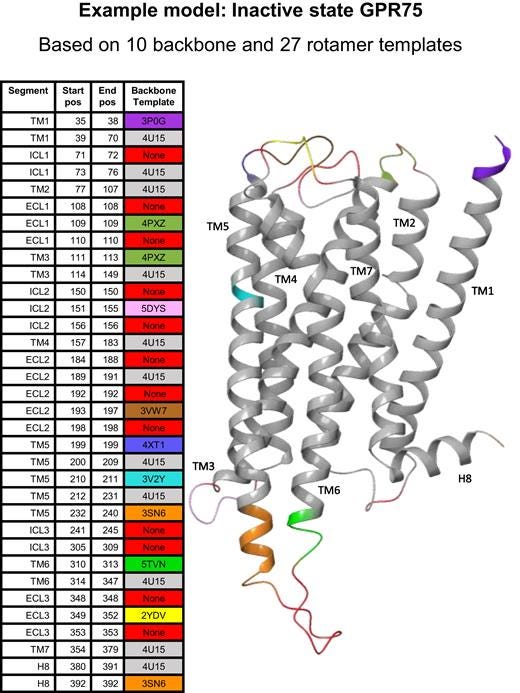Unraveling Genetic Defenses Against Obesity: New Insights
Written on
Chapter 1: Understanding Obesity
Obesity is officially defined as having a BMI exceeding 30, but this measurement is often debated. Athletes, for instance, may fall into the obese category due to their higher muscle mass, which isn't considered in BMI calculations. A more precise definition considers the accumulation of excess body fat, typically over 25% for men and over 30% for women.
While body fat is necessary to some extent—extremely low levels can be unhealthy, as bodybuilders know—crossing into obesity increases the likelihood of numerous health issues. These include cardiovascular diseases, type 2 diabetes, obstructive sleep apnea, certain cancers, osteoarthritis, and asthma. However, it's important to note that health outcomes can vary greatly; some individuals classified as obese may be healthy, while others who aren't may face health challenges.
The origins of obesity are multifaceted and cannot be attributed solely to overconsumption. Genetics, gut microbiota, pre-existing conditions, and medications all play significant roles. While no one is fated to be obese, some individuals may have a predisposition toward higher body fat and must actively manage their diet and lifestyle to maintain a healthy weight. This is particularly challenging in an obesogenic environment where unhealthy food options are abundant and physical activity is limited.
The healthcare implications of obesity are significant and growing, presenting a complex challenge. Beyond standard approaches like surgery or lifestyle modifications, which should be encouraged by public health initiatives, researchers are exploring alternative strategies such as existing diabetes medications and the role of gut microbes.
The first video discusses the genetic links between GPR75 and obesity, exploring how this gene variant may influence body weight regulation.
Section 1.1: Investigating Genetic Factors
To delve deeper into the genetic underpinnings of obesity, researchers conducted a large-scale genomic study involving over 640,000 individuals from the US, Mexico, and the UK. The focus was on the exome—the portion of DNA that encodes proteins—as not all genetic sequences lead to protein production.
Previous studies identified genetic traits linked to obesity, notably variants of the MC4R gene, but the latest research uncovered more obscure gene variants. Among the findings were sixteen gene variants associated with BMI, five of which corresponded to brain-expressed G protein-coupled receptors (GPCRs). These receptors are essential as they activate cellular processes in response to external signals, and all five variants were expressed in the hypothalamus, a key area for hunger and metabolism regulation.

One notable gene, GPR75, contained a protein-truncating variant that correlated with a BMI reduction of approximately 2 points, a weight decrease of 5 kg, and a more than 50% lower risk of obesity. However, this variant is rare, occurring in only 4 out of 10,000 individuals.
Section 1.2: Experimental Validation
To assess the potential impact of the GPR75 variant, researchers engineered mice lacking a functional copy of the GPR75 gene. These mice displayed significantly less weight gain compared to control mice on a high-fat diet and demonstrated improved glycemic control and insulin sensitivity.
The researchers concluded:
These findings indicate that targeting GPR75 could serve as a viable strategy for obesity treatment and highlight the effectiveness of large-scale exome sequencing in identifying significant genetic variants that could lead to new therapeutic approaches for complex traits.
While these results are promising, it's important to remember that findings in mice do not always translate to humans, and further research is necessary.
Chapter 2: Future Implications
In the second video, Chinese scientists discuss their discovery of a gene that may protect against obesity, enhancing our understanding of genetic influences on weight management.
The pharmaceutical sector may find potential in these discoveries, as researchers look for molecules that can inhibit normal GPR75 variants, which could serve as effective treatments for obesity.